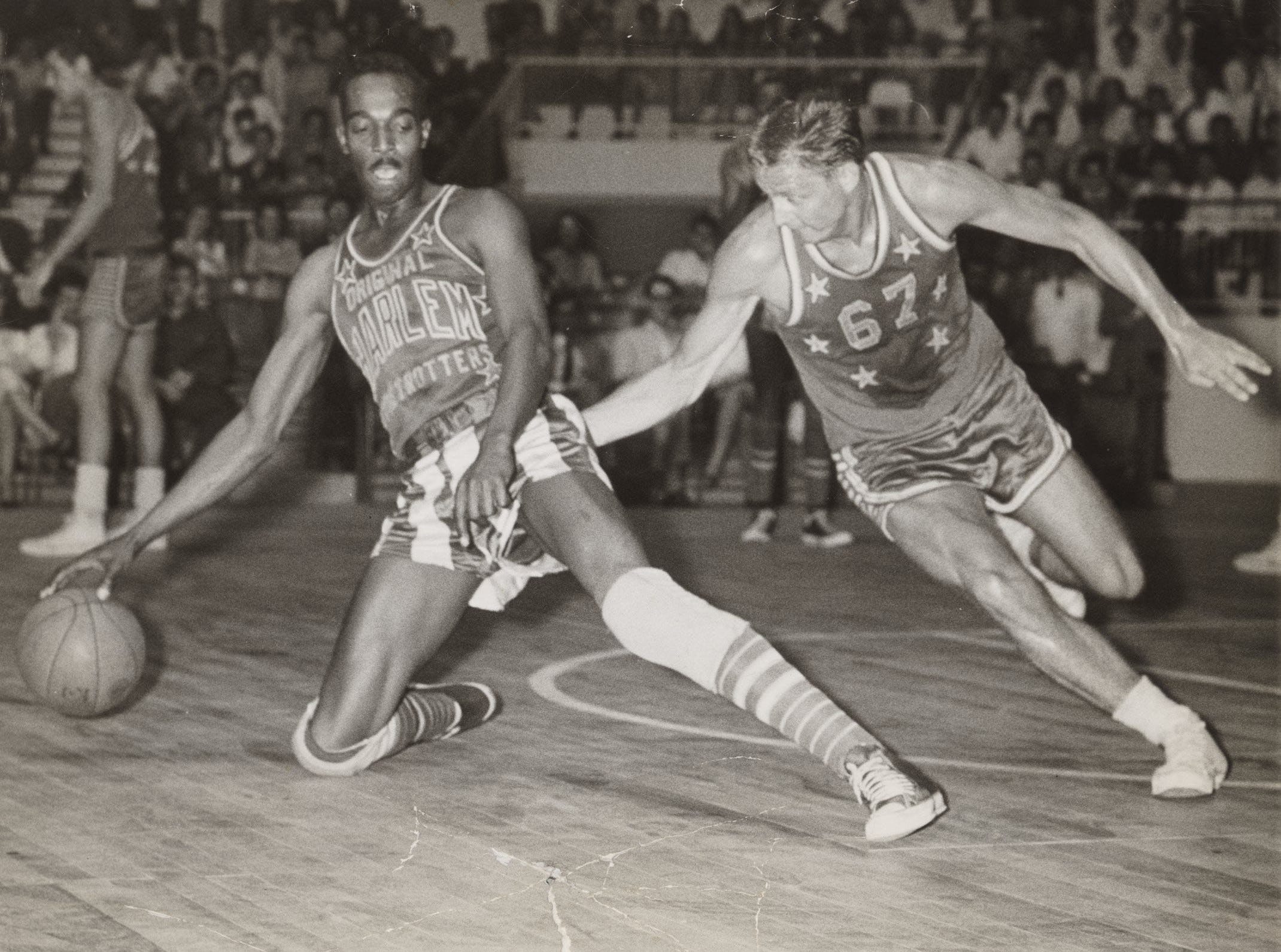UPDATE: Los Angeles Angels outfielder Mike Trout took the stand Tuesday in a highly publicized civil trial, revealing his close bond with late teammate Tyler Skaggs and asserting he never witnessed any signs of drug use before Skaggs’ tragic overdose in 2019. This urgent testimony comes as Trout, a three-time American League MVP, discusses the team’s responsibility concerning Skaggs’ heartbreaking death.
During the proceedings in Santa Ana, California, Trout described his relationship with Skaggs, who died on a team trip to Texas. “I loved him like a brother,” Trout stated, recalling their early days as rookie roommates. Skaggs, known for his humor and charisma, was a pivotal figure in the Angels’ locker room, according to Trout.
The trial centers on a wrongful death lawsuit filed by Skaggs’ wife, Carli, and his parents, who allege the Angels allowed Eric Kay, the team’s communications director, access to players despite his drug addiction. Kay was convicted in 2022 for providing Skaggs with a fentanyl-laced pill, leading to a sentence of 22 years in federal prison.
Trout recounted how he had seen Kay acting erratically, leading him to suspect drug use. He recalled, “The first thing that came to mind was drugs,” expressing concern for Kay’s well-being. This pivotal moment highlights the internal struggles faced by the team and the devastating consequences of substance abuse within Major League Baseball.
The family is pursuing an astonishing $118 million in damages, citing lost earnings and emotional suffering. They claim the Angels made reckless decisions that contributed to Skaggs’ untimely death, which was ruled as choking on his vomit due to a deadly combination of alcohol, fentanyl, and oxycodone.
The trial is expected to draw attention from across the sports community, with other players, including former Angels pitcher Wade Miley, likely to testify. As the proceedings unfold, many are left to ponder the implications of this case on player safety and drug use in professional sports.
This high-stakes trial not only brings to light the tragic circumstances surrounding Tyler Skaggs’ death but also presses the Angels to confront their organizational responsibilities. The case is a stark reminder of the urgent need for better support systems for athletes battling addiction.
As the situation develops, all eyes will remain on the courtroom in Santa Ana, where the emotional toll of this case continues to resonate. The outcome could have lasting impacts on Major League Baseball and its approach to player health and safety.







